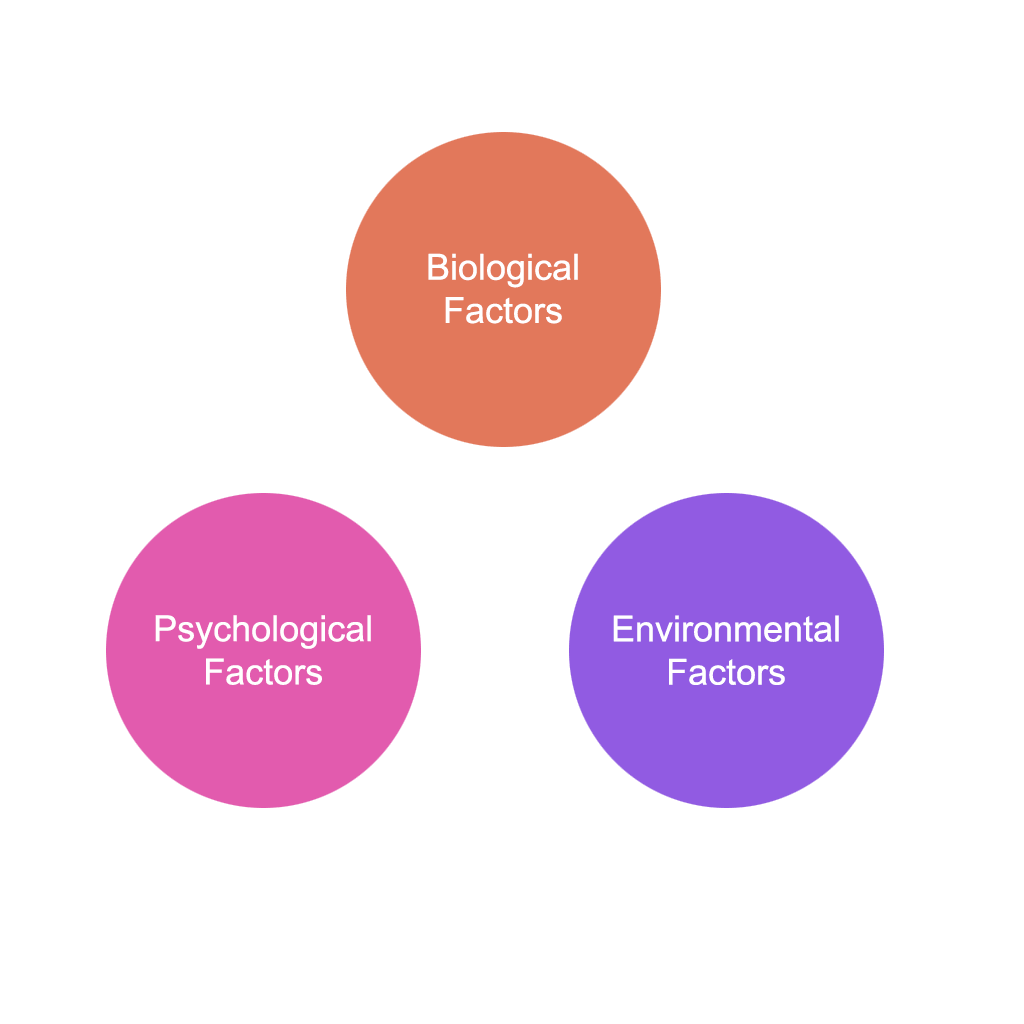Educational Factors and Family Determinants of Personality Development?
Educational and Family determinants of personality development are two important factors of environmental factors, which are described below:
Educational Factors.
Educational factors are very important for the development of personality. Teachers, school, college and how the child’s experiences are with them, how he regards them, how his attitude is towards school and college, teachers and fellow students, and towards the importance of studies affect his personality a lot. Students enjoy their time at school if they have a favorable outlook towards academics and enjoy warm, cordial relationships with their teachers and peer group. This brings confidence in them and raises their self-esteem.
The opposite happens if the children do not view education as a rewarding experience. If students are psychologically and physically ready for education, their attitude will be favorable. The emotional climate in the institution affects the attitude of the student towards it, also motivating him or demotivating him. The child’s general emotional reactions, his classroom behaviour, his self-evaluation and evaluation of others, all are affected by the environment in the school.
In addition to the above, the student-teacher relationship plays a major role in influencing the personality of the child. The approach of the teachers towards the students, the teacher’s principles, the disciplinary techniques they use and the teacher’s personality as well’ s how the child views it all are major factors. The students’ academic achievement is influenced in turn, which influences his social and self-evaluation.
Having a warm and friendly relationship with teachers helps students to become high achievers while if it is hostile, punitive and rejecting, child will not be able to achieve much. A comfortable relationship will improve self-confidence and self-esteem.
Family Determinants.
At all stages of life, family plays a major role in influencing the personality of individuals, both directly and indirectly. The different child-training methods that are used to shape a child’s personality, and how the members communicate their interest, attitude and values directly influence personality. If parents show too much strictness, children become dependent Upon external controls and even become impulsive when they are away from parents influence.
Children follow their parents and their personality traits become similar to their parents through imitation. For example, nervous, anxious and serious parents also make their children nervous and they have sudden angry outbursts. Those children who live with warm, loving, intellectual parents become social and wholesome personalities. Such children develop feelings of affection and goodwill for people outside the home also.



